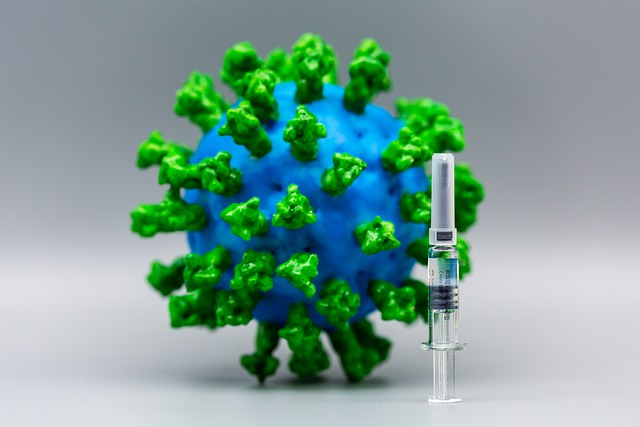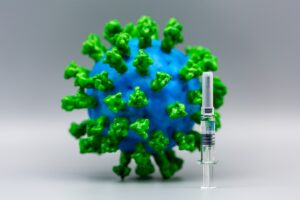
-
DOH wants cold storages put up per region
-
Type of cold storage facility needed will depend on which SARS-Cov 2 vaccine is approved
-
Without sufficient cold chain facilities COVID-19 vaccines will be rendered useless

The Department of Health (DOH) eyes setting up more cold storage facilities nationwide to ensure enough proper storage for coronavirus disease (COVID-19) vaccines when they become available in the Philippines.
Health Undersecretary Maria Rosario Vergeire in a press briefing on October 24 said the cold storage facilities or hubs should ideally be in each region or, if possible, per province.
In case of a shortage of cold storage facilities, Vergeire said DOH will be reaching out to various groups to expand their storage facilities in preparation for the delivery and receipt of COVID-19 vaccines.
Cold storage facilities are used to ensure medicines maintain their effectiveness when rolled out for delivery.
Vergeire said the type of cold storage facility needed will still depend on the type of SARS-Cov 2 vaccine to be approved.
SARS-Cov 2 vaccines have varying cold storage requirements. Some will need to be stored in ultra-low temperature conditions of about -70 degrees while others will require the usual temperature used in cold storage facilities.
DOH is currently using the storage facility of the Research Institute for Tropical Medicine as the national vaccine storage facility.
SARS-Cov 2 is the virus that causes the COVID-19 disease and was first detected in Wuhan, China last December.
Vergeire noted that aside from COVID-19 vaccines, other existing vaccines used in the country also need storage facilities.
In a separate briefing earlier, Philippine ambassador to China Jose Santiago Santa Romana said the Philippines must prepare its cold chain facilities to effectively receive, store and distribute COVID-19 vaccines from China.
Being on China’s priority list of recipient countries, the Philippines “should make sure” it has cold chain storages with the capability to receive and store the vaccines so they don’t lose their effectiveness prior to distribution, Santa Romana said during a Malacañang press briefing on October 22.
“These vaccines have to be stored in the conditions [of] freezing conditions. Otherwise if exposed to tropical weather or to normal weather conditions, the vaccine could lose its effectiveness,” Santa Romana said.
Chinese pharmaceutical companies have pointed out that after the vaccines are approved, the next challenge is their distribution and deployment, he noted.
“And it will depend on our capability to receive the vaccines in terms of our facilities, in terms of distribution,” Santa Romana said.
The ambassador said he has conveyed this message from the Chinese pharmaceutical companies to the Philippines’ health authorities.
Santa Romana clarified, however, that having cold chain facilities is not a condition set by China for the Philippines to get the vaccines, but “just a reminder that if you get the vaccine and you don’t have cold chain storage, then it’s useless.”
“I think the health experts are very much aware of this, I just don’t know the condition of cold storage in the Philippines, that’s why I want to reiterate this necessary condition for effective deployment and effective distribution of the vaccine,” he said.
PortCalls as of press time is awaiting the response of the Cold Chain Association of the Philippines on whether there are enough cold chain facilities nationwide to handle the vaccines.
Santa Romana said he hopes mass production will start as early as November or December, and distribution by early next year.
“As far as I know, in China there’s a possibility for one or two vaccines that will be approved here soon. And of course they have to undergo their own requirements in the Philippines,” he said.
These requirements include approvals from DOH, Food and Drug Administration, and Department of Science and Technology, which are already preparing for this development, Santa Romana said.
In China, two of the four vaccines being developed to treat SARS-Cov 2 are already in the third phase of development.
Earlier, President Rodrigo Duterte and Chinese ambassador to Manila Huang Xilian said China will give the Philippines priority access once a vaccine has passed clinical trials and been approved.
Presidential spokesperson Harry Roque, Jr. earlier said the government will announce by the last week of October initial information on its program on the distribution of COVID-19 vaccines once concerned government agencies have finalized the plan.




